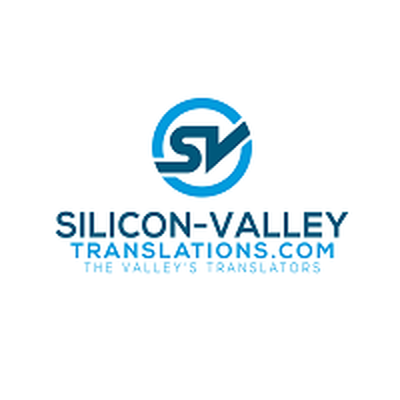The Role of Engineering Translation in International Manufacturing
الجسم
As businesses expand across borders, effective communication becomes essential in ensuring seamless operations. In the manufacturing sector, where precision and technical accuracy are crucial, engineering translation services play a vital role. Whether it’s translating technical manuals, safety instructions, patents, or product specifications, engineering translation ensures that information is accurately conveyed across different languages, reducing risks and improving efficiency.
Why Engineering Translation Services Matter
International manufacturing involves complex machinery, specialized processes, and stringent compliance requirements. Misinterpretation of technical documents can lead to costly errors, production delays, and even safety hazards. This is why professional engineering translation services are indispensable in ensuring:
- Accuracy – Precise translation of technical terms and instructions to prevent misunderstandings.
- Compliance – Meeting international regulations and standards for different regions.
- Efficiency – Clear documentation helps engineers and manufacturers work more effectively.
- Safety – Properly translated manuals and guidelines ensure worker safety and equipment longevity.
Key Documents That Require Engineering Translation
Several documents within the engineering and manufacturing industry require accurate translation, including:
- Technical manuals and user guides – Ensuring end-users understand how to operate machinery safely and efficiently.
- Patents and intellectual property documents – Protecting innovations when filing patents in different countries.
- Product specifications and blueprints – Enabling seamless collaboration between engineers and manufacturers across different regions.
- Safety data sheets – Compliance with global safety regulations to prevent workplace accidents.
- Tender documents and contracts – Facilitating business deals and partnerships internationally.
Challenges in Engineering Translation
Engineering translation is highly specialized and presents unique challenges that general translation services may not be equipped to handle. Some of these challenges include:
- Technical Terminology – Engineering documents are filled with complex and industry-specific terms that require specialized knowledge.
- Consistency – Maintaining uniformity in terminology across multiple documents and languages is critical.
- Compliance Requirements – Different countries have their own regulations, and translation must align with local legal and safety standards.
- Formatting and Diagrams – Engineering documents often contain diagrams, schematics, and tables that need careful adaptation for different languages without altering the original meaning.
Choosing the Right Engineering Translation Service
Given the complexities involved, working with a specialized engineering translation service is essential. Here’s what to look for when choosing one:
- Industry Expertise – Look for translators with engineering backgrounds or experience in technical fields.
- Quality Assurance – Ensure the service has a rigorous quality control process, including multiple levels of review.
- Use of Translation Technology – Advanced tools like Computer-Assisted Translation (CAT) software can help maintain consistency and efficiency.
- Multilingual Support – Choose a provider that offers translation for multiple languages relevant to your business operations.
Engineering translation services are an integral part of international manufacturing. They help businesses operate smoothly, comply with global standards, and ensure that critical technical information is accurately communicated. By partnering with a reliable translation provider, manufacturers can minimize risks, improve efficiency, and succeed in the global market.









تعليقات